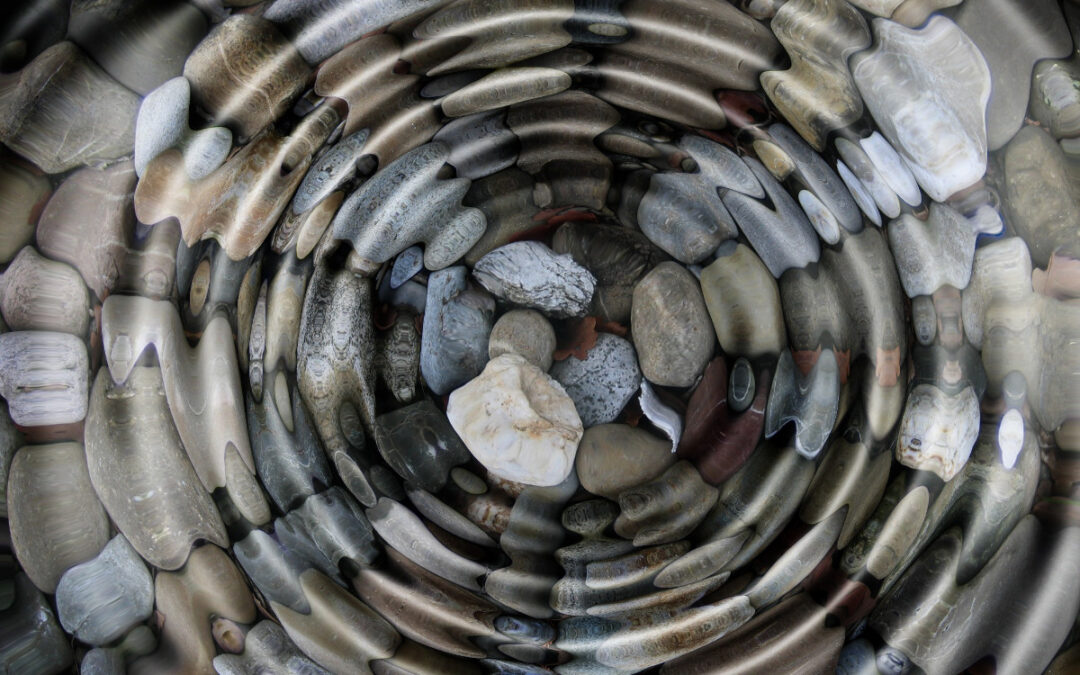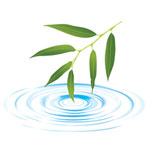Our Executive Director, Karen Rainsong, is attending a webinar workshop tonight by Oregon Humanities, that involves centering Indigenous Wisdom during the climate crisis. We will update this post with her reflections on this afterwards.
Update: we learned about the Camas to Condors Project in the Wallowa area, Nez Perce country, and here is a resource that was shared: Storymaps about the Camas to Condors Conservation Project
https://storymaps.arcgis.com/stories/c24b52bf5e0f421188eeddb001dabe34
So Much Together: We Can Create a Paradise
Thursday March 3, 2022 on Zoom
During times of great change and uncertainty, reflecting on how people have adapted to and thrived in the past can help us look to the future. Indigenous people have lived in the Pacific Northwest since time immemorial. Evidence of their enduring presence, survival skills, and spirituality is written into rocks, buried in sediments, frozen in ice, planted along trails, and passed down through stories, cultural practices, and languages.
Lives of great meaning and abundance occurred all over this planet before anyone could turn on a lightbulb, make a phone call, or send an email. Societies recognized the sacred in the ecology of place and endured great changes in climate, flora, and fauna.
Faced with the profound impacts and uncertainties of climate change, we need connection and hope more than ever. Taking time to ponder where our food truly comes from is a powerful way to reconnect us to nature and to restore the relationships, wisdom, and skills that are central to our survival.
Through elder-informed conversations, this workshop will encourage participants to:
- Learn from traditional gatherers about Columbia Plateau culture, systems of knowledge, and practices through which the Nimiipuu Gatherers have continued their relationship with land
- Learn about the Camas to Condor project, a landscape-level climate resilience initiative led by the Nez Perce Tribe, in collaboration with nonprofit and university partners across the West
- Explore the connections between ourselves, our foods, and other species, and gain greater understanding of traditional land stewardship, including wild foraging for local foods
Consider our responsibility to reciprocate the gifts that nature has given us by tending the wild and restoring ecological literacy, relationships, and processes
As a part of the workshop, we ask for each participant to do a land acknowledgment, by finding what Indigenous land they are on. We will also ask participants to identify a place with which they are connected and to spend some time reflecting on this landscape prior to our workshop discussion.


